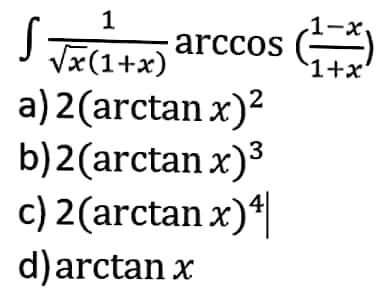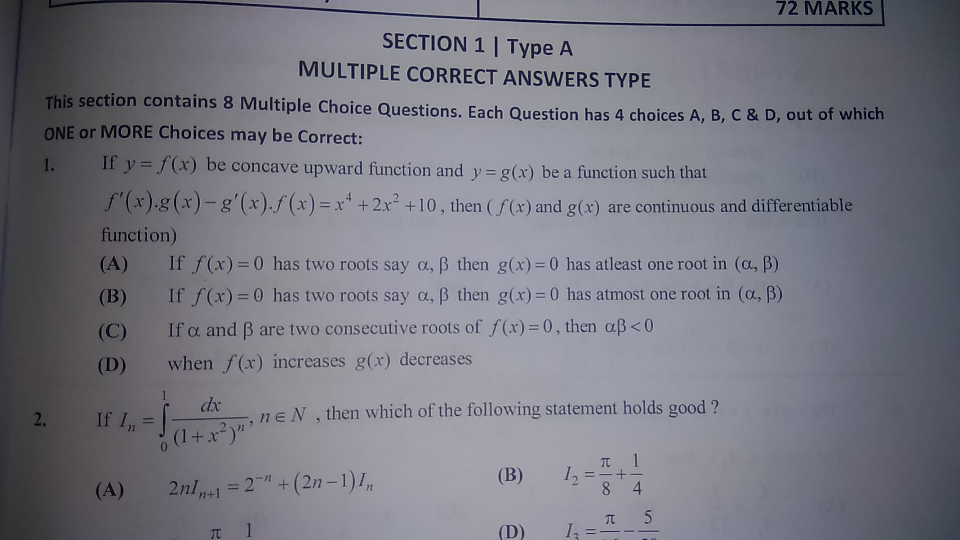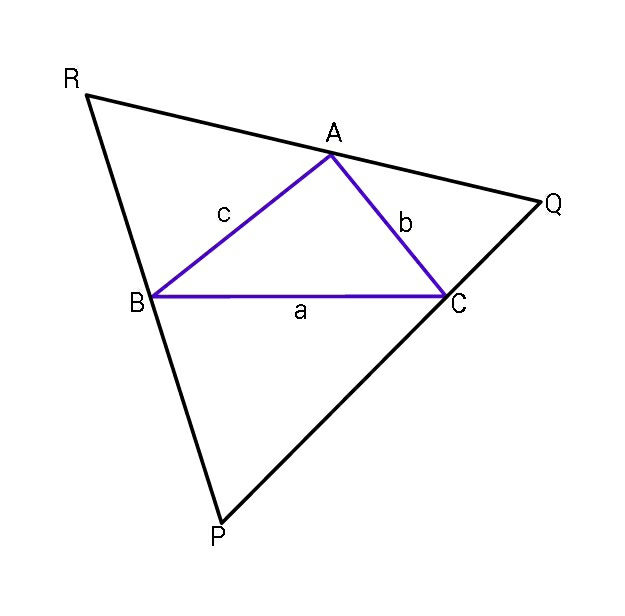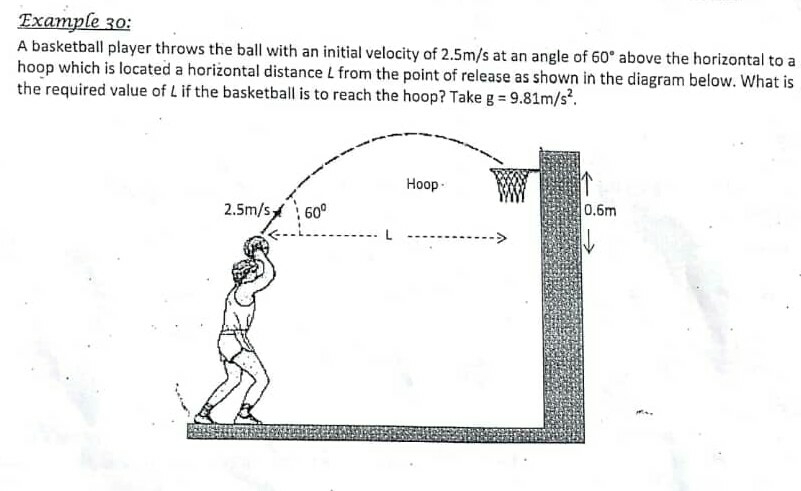
AllQuestion and Answers: Page 1514
Question Number 60406 Answers: 1 Comments: 0
Question Number 60398 Answers: 0 Comments: 3
Question Number 60386 Answers: 1 Comments: 4
Question Number 60384 Answers: 0 Comments: 0
$$\int{e}^{{coth}^{−\mathrm{1}} \left({x}\right)} \:{dx}\: \\ $$
Question Number 60376 Answers: 1 Comments: 2

Question Number 60370 Answers: 2 Comments: 0

Question Number 60367 Answers: 0 Comments: 6

Question Number 60362 Answers: 0 Comments: 1

Question Number 60340 Answers: 0 Comments: 0

Question Number 60337 Answers: 0 Comments: 2
Question Number 60335 Answers: 0 Comments: 0
Question Number 60330 Answers: 0 Comments: 1

Question Number 60354 Answers: 0 Comments: 0

Question Number 60351 Answers: 0 Comments: 2

Question Number 60357 Answers: 0 Comments: 1

Question Number 60347 Answers: 1 Comments: 1

Question Number 60346 Answers: 0 Comments: 1
$$\int{x}\mathrm{sec}\:^{\mathrm{3}} {xdx} \\ $$$${please}\:{help} \\ $$
Question Number 60322 Answers: 1 Comments: 2

Question Number 60321 Answers: 0 Comments: 2

Question Number 60320 Answers: 0 Comments: 1

Question Number 60319 Answers: 0 Comments: 0

Question Number 60318 Answers: 0 Comments: 2

Question Number 60439 Answers: 2 Comments: 1

Question Number 60313 Answers: 3 Comments: 1

Question Number 60311 Answers: 1 Comments: 2
$$\int\frac{{dx}}{\sqrt{{sec}\:{h}^{\mathrm{2}} \left({x}\right)+\mathrm{1}}}\:{dx} \\ $$
Question Number 60308 Answers: 0 Comments: 0

Pg 1509 Pg 1510 Pg 1511 Pg 1512 Pg 1513 Pg 1514 Pg 1515 Pg 1516 Pg 1517 Pg 1518
